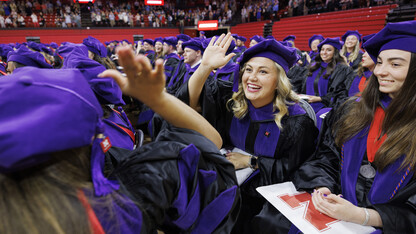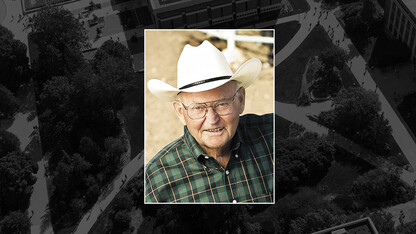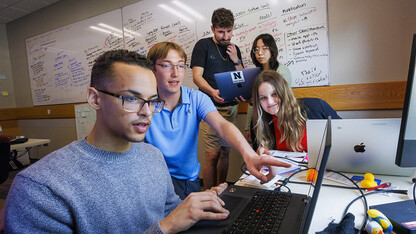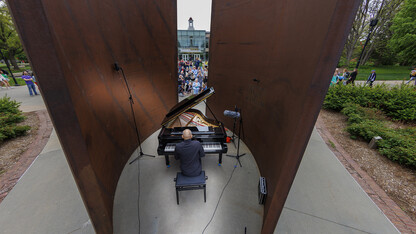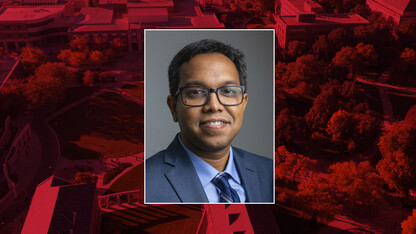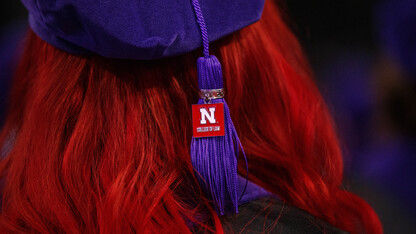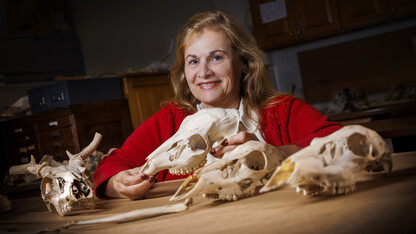· 4 min read
Data shows improved campus climate for LGBTQA+ students
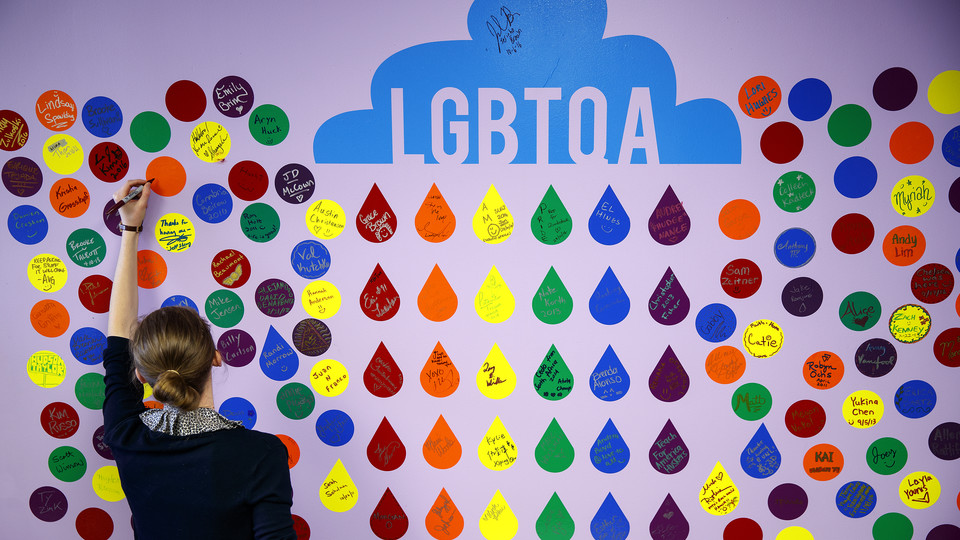
Roughly 10% of students at the University of Nebraska–Lincoln identify as LGBTQA+.
Ryan Fette, education and outreach coordinator in the Office of Institutional Equity and Compliance, along with Pat Tetreault, director of the LGBTQA+ Resource and Women’s Centers, say that number could be even higher than reported — making the mission of understanding and supporting those students all the more important.
Over the past several years, Fette and Tetreault have dug into data from surveys conducted by the LGBTQA+ Resource Center in both 2009 and 2017 to see how campus climate has changed over the years for Huskers on the LGBTQA+ spectrum. While looking at those numbers, they found that negative incidents in which students feel threatened for expressing their sexual orientation or gender identity have decreased significantly.
“Our data shows that the campus climate has improved from the responses that we got in 2009, and those responses improved from the responses that were obtained in 2002. That’s very encouraging, and hopefully, we will continue that trend,” Tetreault said.
The percentage of LGBTQA+ participants in the 2017 survey who said they had been insulted on the basis of their sexual orientation or gender identity was 50% lower than LGBTQA+ participants in the 2009 survey. Similarly, the percentage of LGBTQ+ participants who indicated they had been threatened with physical violence based on their sexual orientation or gender identity dropped from 10% in 2009 to 2% in 2017, an 80% decrease.
Analysis of the surveys was supported by Debra Hope, Aaron Douglas Professor of psychology; JD McKown, assistant director of the LGBTQA+ Resource Center; and Peter Meidlinger and Natalie Holt, graduate students in psychology.
Along with a broader nationwide shift in acceptance for those identifying as LGBTQA+, Tetreault points to several actions taken by the University of Nebraska–Lincoln that could have led to this improvement.
“Over the years, the university has implemented a number of changes that have helped better serve LGBTQA+ students,” Tetreault said. “In 2013, we started providing gender inclusive housing options. We also added preferred or chosen name options to forms, and students can more easily change their gender marker on their records by having a driver’s license or passport rather than their birth certificate.”
Respondents from the 2017 survey who felt more accepted and able to express themselves also reported higher levels of success in school.
“One of the things that stood out to us is that students who don’t feel like they have to conceal their identities do better overall. It’s the students who feel like they have to conceal their identities that report higher anxiousness, higher depression and higher levels of hopelessness,” Tetreault said. “The more students feel like they can be who they are, the better off they’re going to be — not only academically, but also psychologically and emotionally.”
The surveyed sample of LGBTQA+ students were more likely to come from first-generation backgrounds, live with a disability or chronic illness and have higher levels of job insecurity. Despite those potential setbacks, 62% have a 3.5 GPA or above, and they are highly represented in campus organizations like the Honors Program.
Over the past year, the LGBTQA+ Resource Center has expanded, both in physical space and staff members. The center has added a room on the third floor of the Nebraska Union where the Husker Pantry was formerly located, and a program coordinator will be hired this summer to better organize activities and outreach for the campus community.
Although the center’s activities are being held remotely due to COVID-19, Tetreault encourages anyone interested in educating themselves or others to visit the LGBTQA+ Resource Center website.
“We have a list of great resources on our website, and people can request Zoom presentations and workshops for their office,” Tetreault said. “We have workshops on pronouns, ally development and more. Even though we are doing things from a distance, continuing to educate our community is what will make campus an even better place for our LGBTQA+ students.”
